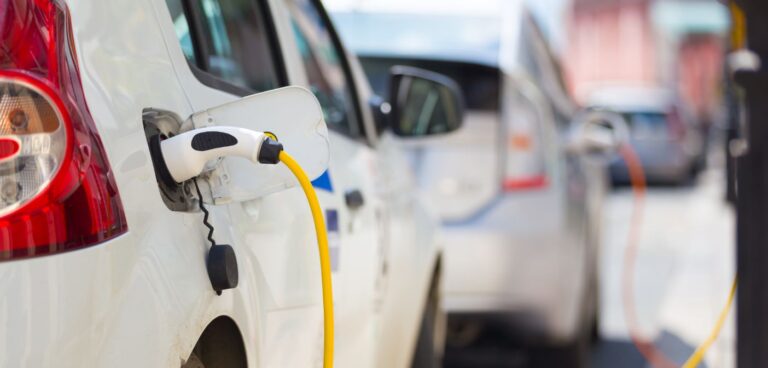Battery-electric vehicles (BEVs) surged to take a 15% share of new lease car registrations in the third quarter of 2020, as the UK government’s Benefit-in-Kind (BiK) tax incentives took full effect, the British Vehicle Rental and Leasing Association (BVRLA) has reported.
According to the BVRLA’s latest Quarterly Leasing Survey, plug-in and hybrid vehicles overtook diesel in gaining a 36% share of new lease car registrations during the same period and look set to overtake petrol very soon.
Nearly one-fifth of the BVRLA car leasing fleet now uses some form of powertrain electrification while diesel’s share of the total lease car market fell below 50% for the first time, and petrol held steady with a 34% share.
Furthermore, average CO2 emissions for BVRLA car leasing fleet new registrations fell from 107g/km to 105g/km in Q3-2020, a new low and around 8% lower than the national average.
The car leasing market, excluding PCP and Motability vehicles, saw its fleet shrink by 6%, with the biggest reduction seen in the business fleet, down 8.7% year-on-year.
According to the BVRLA, this decline was driven by an 11% fall in the business contract hire fleet compared to the same period of 2019. These fleet size declines were partially offset by an increase in the consumer leasing fleet, which was up +4% year-on-year.
The LCV lease fleet continued to increase in Q3, albeit at a slower rate of +1.1% year-on-year, following two consecutive quarters of a +2.1% growth.
“Quarter three of last year delivered the long-awaited surge in BEV registrations that we expected after the introduction of the zero-rate BiK incentive,” said BVRLA chief executive, Gerry Keaney.
“A massive 21% of new business contract hire car registrations were BEVs, once again demonstrating that the company car sector is driving the transition to zero-emission motoring.”





